

Jump to Content
This game is such a mainstay now that being able to play it well is in itself a currency of sorts in gaming culture, like an entry point into the more social aspects of this ever-growing world. Being able to improve your play in DOTA 2 is like learning how to run after learning how to walk as a child. If you’re a beginner looking to get better, or an intermediate player looking to refine his play, then this guide could give you the building blocks you can work on.
The following may seem to be quite a stretch for some as methods to learn how to get better in a computer game, but some of the more general methodologies can then be applied to a lot of other things in life. The mentality and focus that goes into being able to improve in a particular skill can be used to learn and master other skills as well, so it’s not too bad to get good in this game anyway, especially since it’s a team-based game of international renown.
This list is more of a general list of things that you must consider for improvement, and it can apply to other games and even other things outside of gaming as well. Consider this list as an opening for digging deeper into the learning process itself.
First off, if you’re the type who shouts at teammates on how to play and blame them for losses, you’re not ready yet to learn how to get better. There’s no easy way to say it, but toxic players can’t fulfill their true potential, despite the talent and skill involved. This is not to suggest that toxic people can’t be open-minded, but such people are typically less capable of being open to critique and discourse, which are important in learning how to improve.
The Dunning-Kruger Effect is a cognitive bias that can be seen in both skilled and unskilled individuals in a particular craft. Unskilled practitioners tend to see themselves as better than they really are, while skilled ones tend to think that they’re not good enough. With the former, it means that those who don’t recognize their own folly tend to overestimate their own abilities and fail to recognize the genuine ability of others.
In a sense, if you’re incompetent, then you don’t know how incompetent you really are since you don’t know what makes a person competent in that particular field. This behavior is commonly seen in a lot of gamers that play competitive games, including MOBAs like DOTA 2. Being able to become better is dependent on you admitting that you have room for improvement to begin with. Besides, if you were really the best DOTA 2 player in the world, then you be playing for $10 million.
But this isn’t really just about becoming the best, but learning more about yourself. In any sort of competitive field, even in a computer game like this, the ability to find one’s faults and the act of fixing them and improving upon current strengths are not just useful for games, but also for the building of one’s character.
It’s quite surprising what you can get out of a computer game, but that’s what people have been finding out lately with all the eSports stuff going on, and you can get a piece of that goodness for yourself if you can open up to the learning experience.
The eternal debate between depth and breadth is one that crosses DOTA 2 play quite a bit. Whether you go for learning how to play different heroes or being loyal to one hero throughout your tenure in the game is seen by most as a black-and-white matter, which isn’t strictly true. Both mindsets have a place in the game, and both can apply for all players in some way. You just have to understand the gist of both standpoints.
On one hand, it’s true that there’s no virtue in doing things half-baked, so you wouldn’t want to be only partially skilled with the hero you’re using at the moment in a game. On the other hand though, you could find yourself in situations wherein you could play a different hero and affect the game positively due to being able to counter what your opponents do.
At this point, you may be seeing where this is going, which is that you’re encouraged to delve in both mindsets. If you’re still undecided, then just think of specialty as a necessity for most of the time, and flexibility as a long term goal. Being able to play at least two roles and/or three heroes comfortably is a good benchmark to go for.
A lot of players naturally lean towards aggressive play that involves flashy ganks and hard pushes, but it doesn’t suit everyone. If defensive play suits you better, then embrace it as your calling in the game. Know your role and do your thing well, and your team will appreciate your efforts, win or lose.
This also goes into the delicate art of mastering each phase of the game, from laning to ganking to pushing towards the end game. Knowing how your chosen hero and role progresses through these phases is a crucial part of knowing how you should approach each game, as well as anticipate what the opponents might do.
You learn how to not overextend and fall prey to being ganked, as well as being able to actively help your teammates on your lane and elsewhere. There are a lot of things to learn in knowing your role, but it gets easier with experience.
How many times will you keep going for ganks by yourself and farm with excessive greed, not heeding your teammates’ call when they need you for a big team fight? You’d be in a situation like having only a few hundred gold left to get that item you’ve been saving up for or chasing after a potential gank with only a sliver of health left, so you might ignore the plea of those who would want you to pull back a bit and help out with everyone else.
Maybe you’re actually good enough to get away with it, but then you lose and you’d wonder how could your team lose when you have a good KDA ratio. The answer lies in your inability to see the bigger picture, and your skills would be better served by playing with the team instead of going at it alone.
DOTA 2 played with all members of a team working flawlessly together is beautiful to watch, and it’s even better when you’re actually a part of it. Embrace teamwork as the best way to play the game and you’ll find the true meaning of DOTA 2 for both yourself and for everyone else on your team.


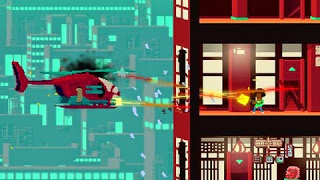
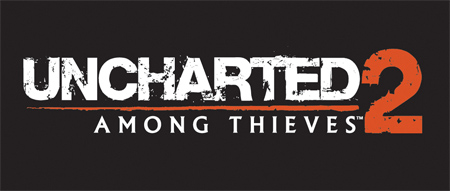
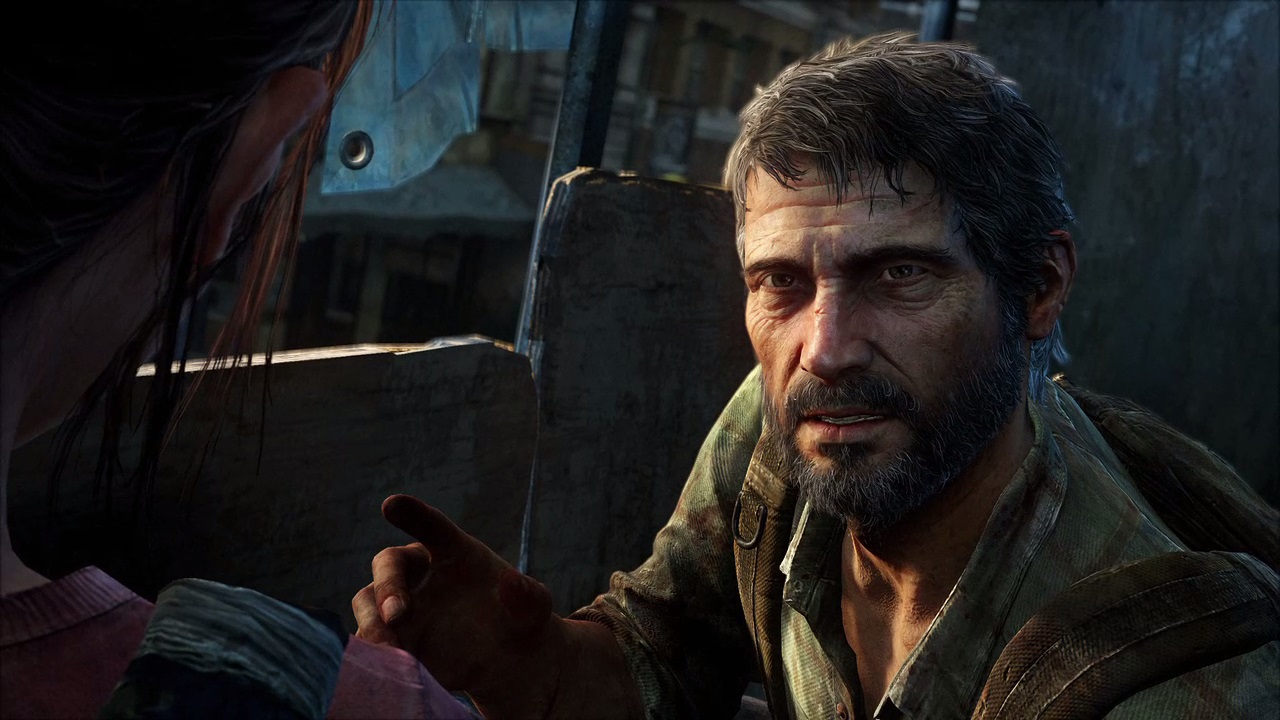 The Last of Us Video Guide: All Shiv Doors Locations and Ellie's Jokes
The Last of Us Video Guide: All Shiv Doors Locations and Ellie's Jokes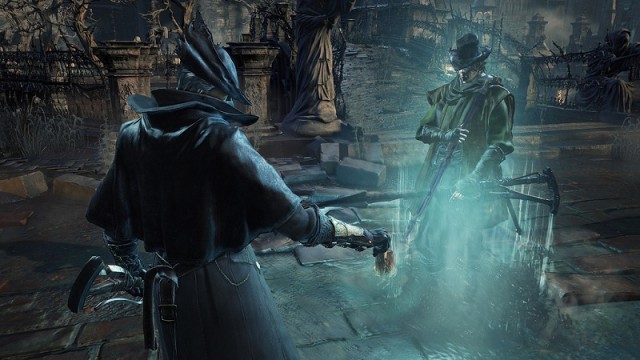 How to Get the Gatling Gun in Bloodborne: The Old Hunters Guide
How to Get the Gatling Gun in Bloodborne: The Old Hunters Guide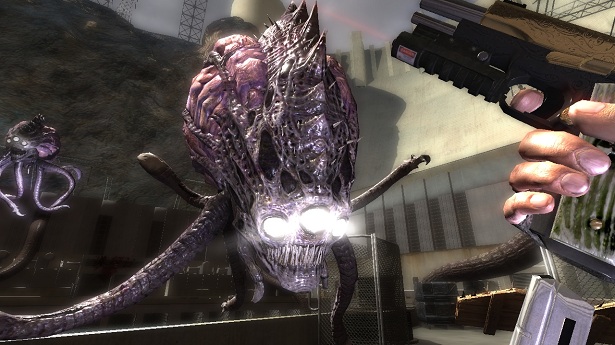 Duke Nukem Forever Walkthrough
Duke Nukem Forever Walkthrough Until Dawn Guide - How to Find All Totems
Until Dawn Guide - How to Find All Totems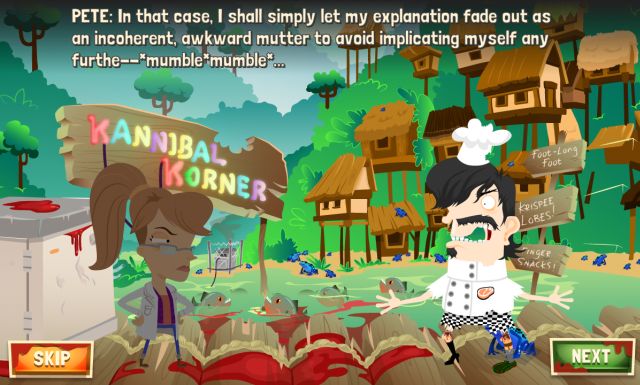 Amateur Surgeon 3 Slices Up Your Funny Bone
Amateur Surgeon 3 Slices Up Your Funny Bone